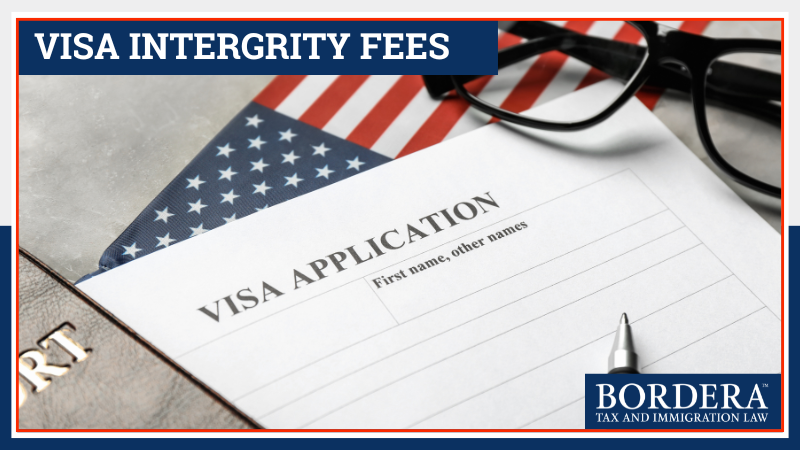
The One Big Beautiful Bill Act (OBBBA) introduces two major updates that impact Canadians with U.S. ties: a new $250 Visa Integrity Fee on most nonimmigrant visas, and a permanent increase to the Unified Credit for U.S. estate and gift taxes. These changes raise the cost of U.S. travel for business, study, or work, while also creating new opportunities for cross-border wealth transfers. At Bordera Tax and Immigration Law, we help individuals, families, and business owners understand and respond to these evolving policies with confidence. Contact us in Alberta or Ontario for expert support on tax planning, immigration compliance, and cross-border asset strategies.
With the passage of the One Big Beautiful Bill Act, Canadians with U.S. connections face a mixed landscape. On one hand, new immigration costs, including the $250 Visa Integrity Fee, introduce added financial and administrative barriers to entering the U.S. On the other, the permanent expansion of the Unified Credit opens major estate and gift tax planning opportunities for high-net-worth individuals and business owners. For those living, working, or investing across the border, these changes require a coordinated approach to compliance and planning. At Bordera, we help clients turn policy changes into strategic advantages.
Canadians applying for nonimmigrant visas (such as work, study, or business travel) will now face a $250 Visa Integrity Fee. This is in addition to increased visa processing fees, like the I-94, which has risen from $6 to $24.
While Canadian citizens on short visits are typically exempt, this fee applies to Canadian permanent residents, foreign nationals in Canada, and Canadians needing formal nonimmigrant visas for longer stays.
The law allows for potential reimbursement of the fee if the visa holder fully complies with all terms and departs on time. However, refund logistics remain unclear and no formal start date has been announced.
The fee helps fund increased border enforcement and aims to reduce visa overstays. But it also increases the cost of doing business, studying, or investing in the U.S.
The Unified Credit, which determines how much wealth can be transferred before triggering U.S. estate or gift taxes, is now permanently set at a historically high level. For 2025, the exemption is over USD $13 million per person, indexed to inflation.
Canadians with U.S. property, investments, or dual citizenship can now transfer significantly more wealth to heirs without incurring estate tax. Business owners and families with U.S.-Canada connections have new flexibility for succession and gifting.
With this higher threshold in place, strategies like family trusts, cross-border gifting, and intergenerational business transfers become more attractive, and more important to structure correctly under both Canadian and U.S. law.
Even with the estate tax exemption increase, Canadians must align their plans with domestic tax laws to avoid double taxation and reporting pitfalls. Bordera Tax and Immigration law can help you navigate these new taxes.
Canadians considering renouncing U.S. citizenship can benefit from the new estate rules, but still face FATCA, FBAR, and potential exit taxes. These remain complex and require legal guidance.
Companies must now account for higher visa costs in budgeting and ensure all cross-border employees meet new compliance expectations to avoid fines or delays.
The One Big Beautiful Bill Act marks a shift in U.S. tax and immigration policies that Canadians cannot afford to ignore. While the Visa Integrity Fee adds financial pressure to cross-border mobility, the expanded Unified Credit presents an opportunity to preserve wealth through careful planning. Whether you're expanding a business, relocating for work, or passing assets to the next generation, expert coordination is essential. Contact Bordera Tax and Immigration Law in Alberta or Ontario for trusted guidance on cross-border tax planning, estate strategies, immigration compliance, and U.S. citizenship decisions.
It’s a new $250 fee for most nonimmigrant U.S. visa applications, introduced under the One Big Beautiful Bill Act. It adds to the cost of work, student, and visitor visas.
Most short-term travellers are exempt, but the fee applies to Canadian permanent residents, students, and those applying for non-immigrant visas.
Canadians with U.S. property, dual citizens, and high-net-worth individuals can use the exemption for wealth transfer and succession planning. Contact Bordera Tax and Immigration Law today and we will help you navigate these policy changes.